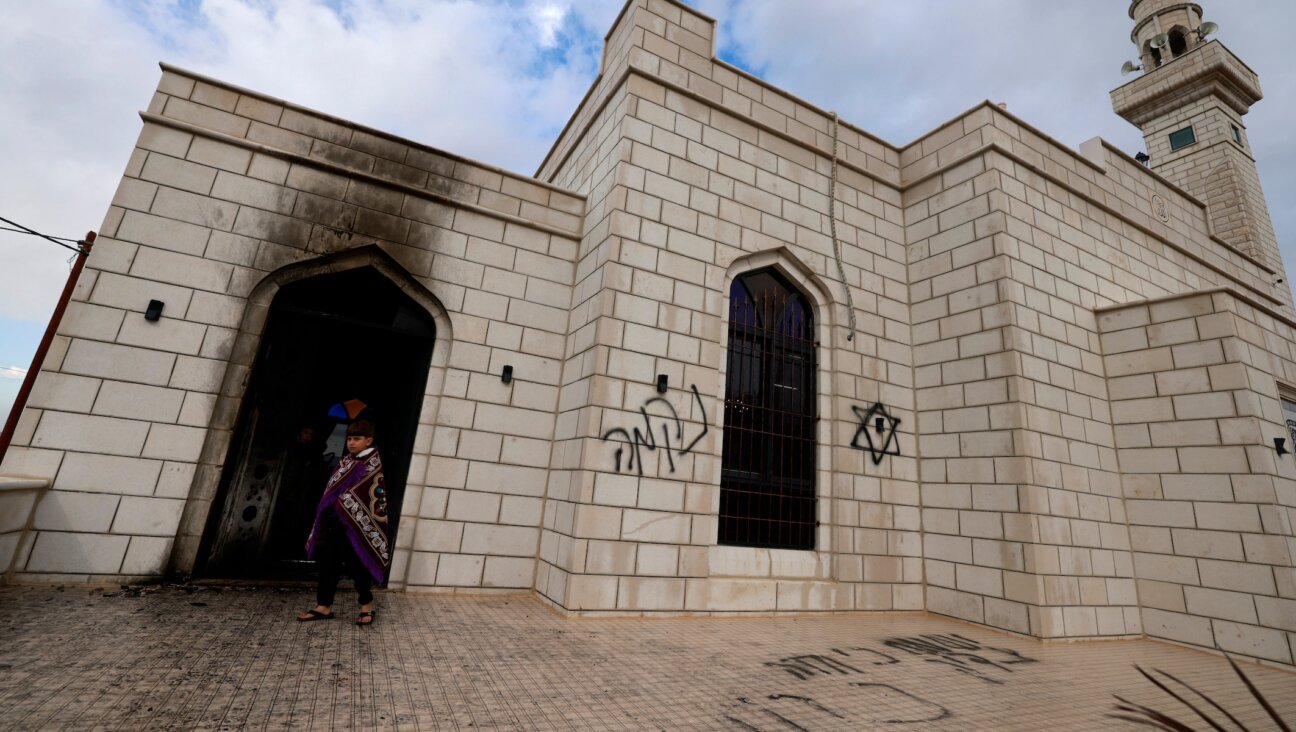Ethiopians Struggle To Maintain Israel Protests
Three weeks into the Ethiopian-Israeli protest campaign against racism, its leaders are frustrated by the apathy of the Israeli public and government and are planning to sound their grievances abroad, to the Diaspora and even the United Nations. Meanwhile, they have to contend with a competing social protest.
Last night the campaign held its first protest in Tel Aviv, and that wasn’t the only “first.” Unlike the previous protests in Kiryat Malachi and Jerusalem, this was the first time in which Ethiopian-Israelis were not the overwhelming majority of protestors – about half were Israelis from other groups. This time, they also turned matters up a notch, when they left Meir Park and began blocking main intersections.
The campaign has no formal leadership or spokespeople. The Ethiopian-Israeli community, which numbers some 125,000, is far from being monolithic, and none of the dozens of tiny grassroots organizations can be said to speak for the majority of them. In the absence of a hierarchy, a diverse group of educated professionals in their twenties and thirties have become the movement’s unofficial leaders, using social networks to organize the protests. The frustration, though, at their inability to mobilize wider circles of the Israeli public is beginning to become evident.
“Israeli society is still tired out from the social protests of last summer,” says an Ethiopian-Israeli journalist who has been helping to organize the protests and asked not to be named. “To be honest though, they don’t really care.”
Many of the protestors are serving IDF soldiers and officers who arrived without their uniforms and can only speak under conditions of anonymity. “I love my country and am proud to serve,” says one officer, “but the truth is that only really violent demonstrations will make Israelis sit up and take notice.”
For more, go to Haaretz.com
A message from our Publisher & CEO Rachel Fishman Feddersen

I hope you appreciated this article. Before you go, I’d like to ask you to please support the Forward’s award-winning, nonprofit journalism during this critical time.
We’ve set a goal to raise $260,000 by December 31. That’s an ambitious goal, but one that will give us the resources we need to invest in the high quality news, opinion, analysis and cultural coverage that isn’t available anywhere else.
If you feel inspired to make an impact, now is the time to give something back. Join us as a member at your most generous level.
— Rachel Fishman Feddersen, Publisher and CEO























